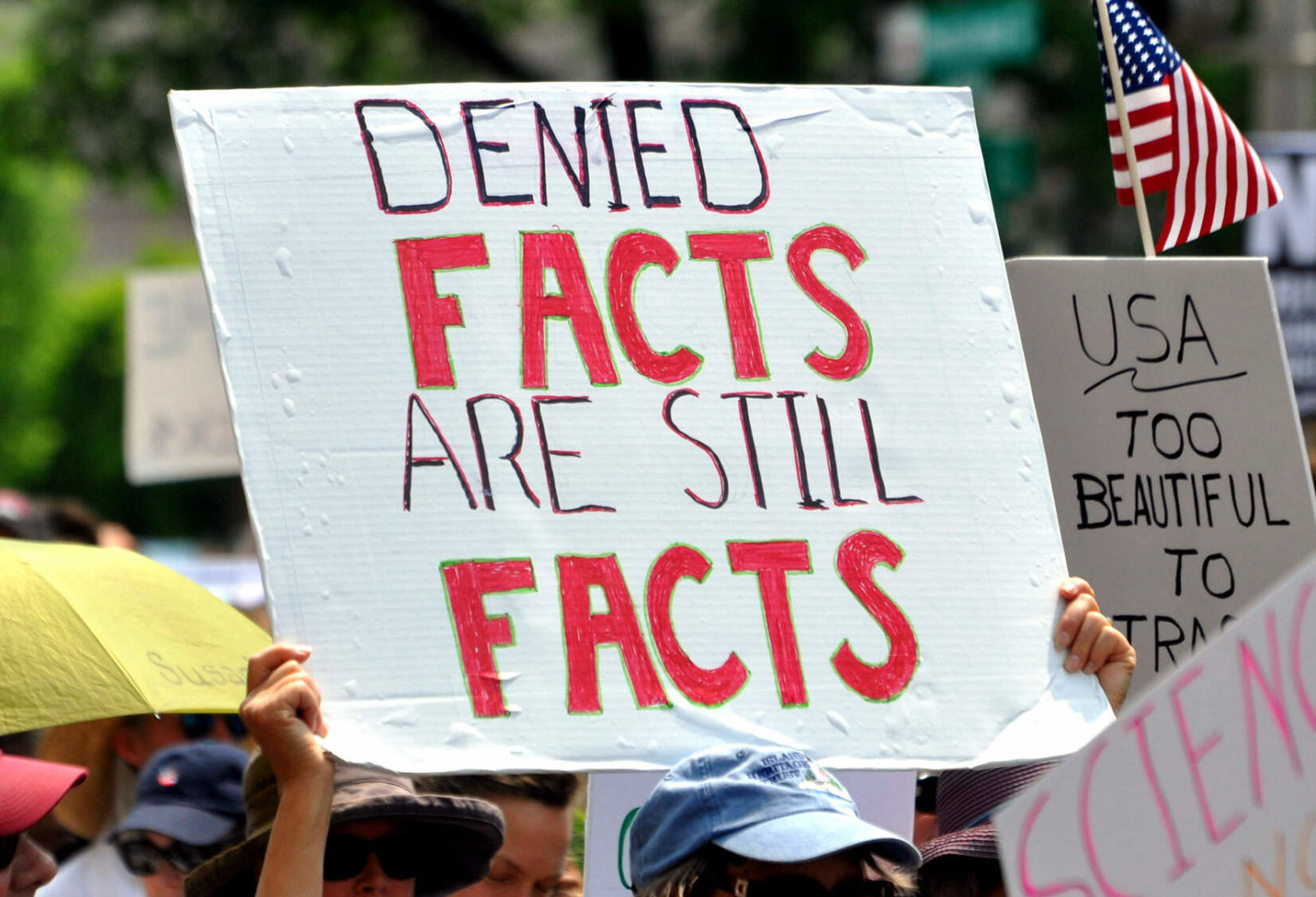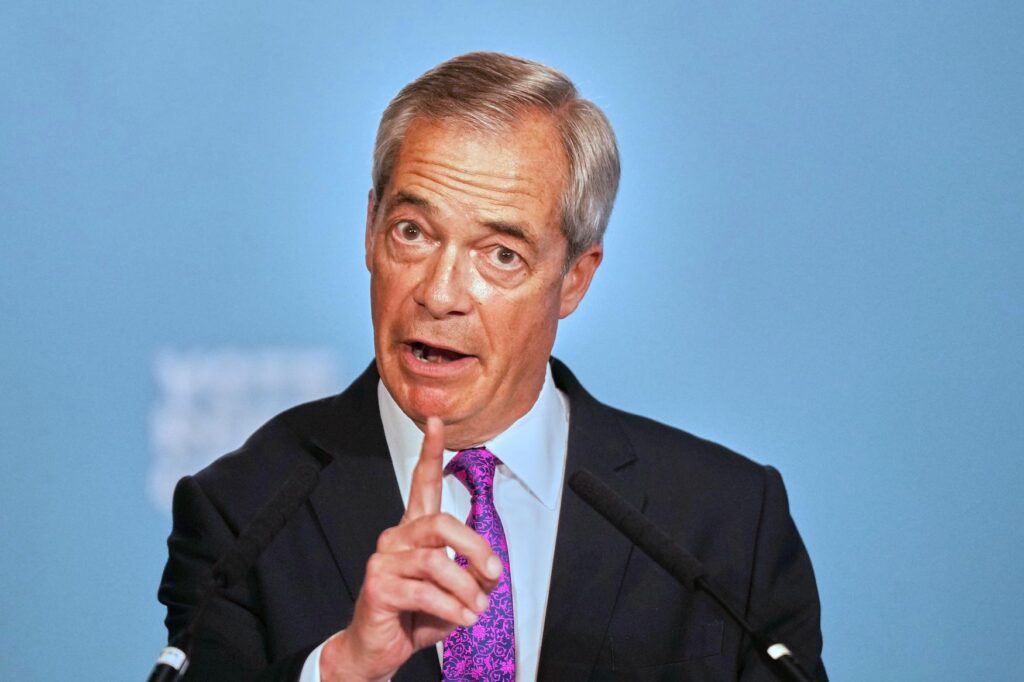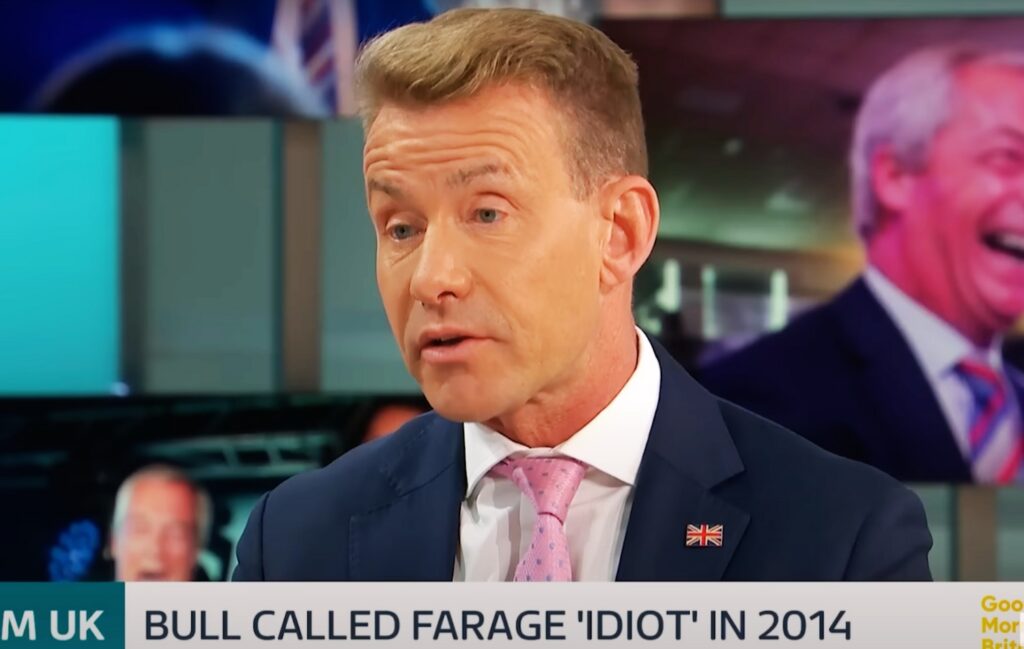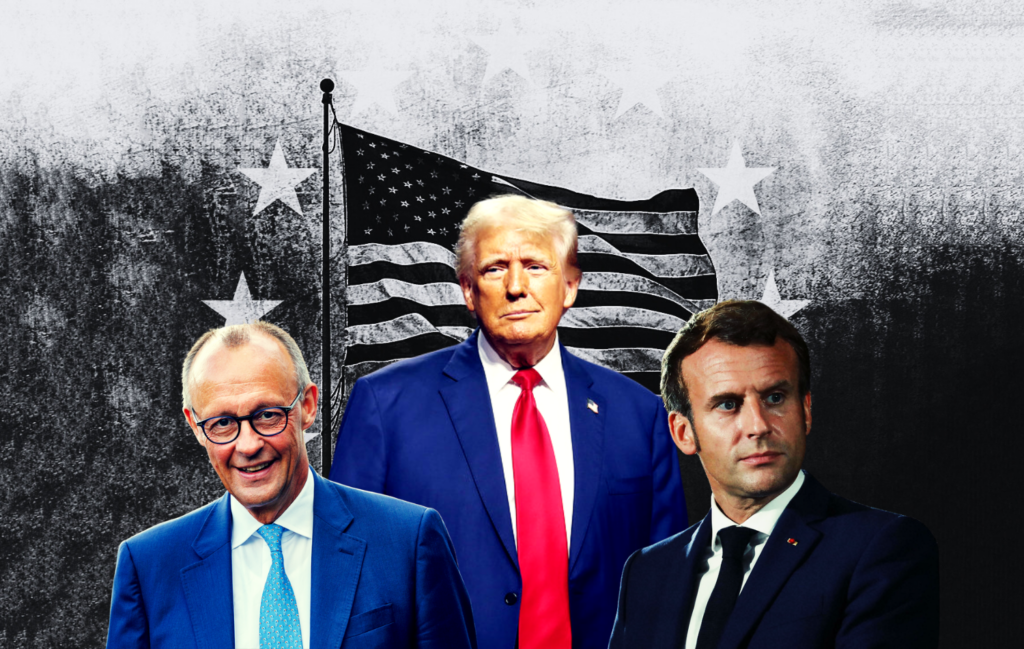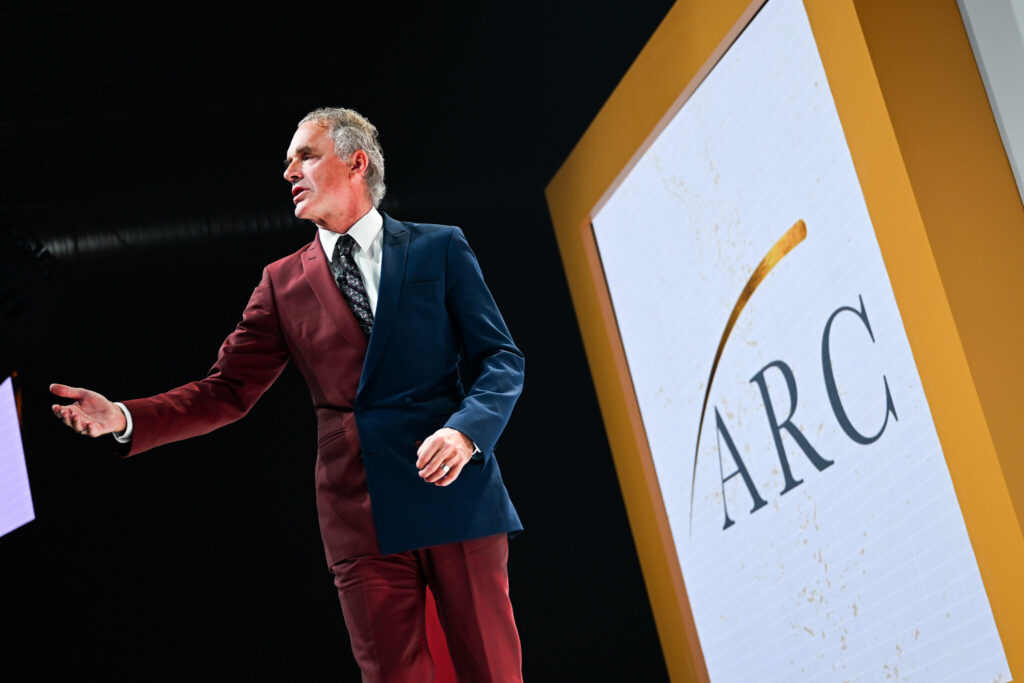From its tense soundtrack and flickering images of suspicious-looking wires, you could mistake the BBC’s latest documentary on climate change for some kind of cyber spy thriller. And that’s kind of what it is.
The BBC documentary, Climategate: Science of a Scandal, begins with Michael Mann, a climatologist at Pennsylvania State University recounting how he opened a letter and unleashed wafts of white powder. “My first thought was: I may have been subject to a deadly substance, anthrax,” he says. “All because I decided to study applied math and physics, and move into climate science.”
A decade on from the Climategate scandal, the BBC revisits the events that took place in the weeks immediately preceding the UN’s Copenhagen climate conference, which sowed doubt in the minds of people around the world about the legitimacy of climate science, and which appear to have set back efforts to tackle climate change by years.
In November 2009, emails of scientists from the Climatic Research Unit at the University of East Anglia were leaked online. Even today, despite the police investigating the hack with the same seriousness with which they would take a terrorist incident, no one knows who was responsible. The documentary focuses instead on the events leading up to the leak – essentially an increasingly terse exchange of emails between CRU’s Phil Jones and climate science denier Steve McIntyre – and the fallout that followed.
McIntyre was suspicious of records showing a sudden and dramatic rise in temperatures in recent decades, and decided that he wanted to look at the data himself. This data was in the possession of Phil Jones, who in turn had received some of it from Met Offices around the world. While he initially provided McIntyre with the data he wanted, Jones eventually became wary of freely providing data that may not have been his to give away — and the relationship between the two men soured.
DeSmog has an extensive profile of McIntyre, who runs the Climate Audit climate science denial blog. Here’s some background:
McIntyre has been described as a “persistent amateur who had no credentials in applied science before stepping into the global warming debate in 2003” and has been a prominent critic of temperature records that suggest increasing global temperatures over the past 1000 years.
As of 2003, McIntyre had worked in the mineral business for 30 years and he has been an officer or director of small public mineral exploration companies for over 16 years.
Other companies McIntyre has been involved in include Vedron Gold Inc. Trelawney Mining and Exploration Inc. and DNI Metals Inc. Northwest Exploration has also been engaged in oil and gas exploration. As of 2010, McIntyre says he missed out on a lucrative mining boom due to his climate blogging, and said he would be getting back into the mining sector.
Several descriptions of McIntyre have portrayed him as an advisor to both the Ontario and Canadian governments, including the Marshall Institute and interviews. Other than his testimony to Canadian Parliament in 1991, we have been unable to find any reference to his role as a policy advisor.
After Jones stopped providing data, McIntyre mobilised his blog readers to send Freedom of Information requests to the CRU. “We had about 50 plus requests during one weekend, sometime during 2009,” recalls Jones. Four months later, the system was hacked and the world of climate science was plunged into an unprecedented crisis.
Cherry-picked extracts of the leaked emails suggested that scientists were manipulating and hiding data to falsely create the impression that the earth was warming. Multiple independent enquiries, including by the UK Parliament, concluded decisively that no deception had taken place and that the science of climate change was as robust as ever – although there were suggestions that scientific institutions as a whole needed to be more transparent about how their data was used and shared.
DeSmog has been clearing the PR pollution clouding science for more than a decade.
To support our work, please become a patron today!
Despite their vindication, it’s clear that Climategate took a personal toll on the scientists involved and that they continue to feel the sting of the trauma today.
Tim Osborn, who has worked at the CRU since 1990, struggles to hold back tears when he recounts receiving anonymous emails threatening his family. Much of the documentary focuses on the response of Phil Jones at the time of the scandal, who essentially went underground and refused to address the media, despite the clamour for him to address the claims. Ten years on, he appears able to speak about the events, but still with an air of trepidation and reluctance.
“How I feel might change from week to week, year to year, so it’s not something I want to go down that route,” he says shakily, when asked by the interviewer how it felt to go through such an appalling personal experience.
Following the scandal, another scientific effort to reconstruct surface temperature records was conducted at Berkeley in California. This was privately funded, including with money from the notorious billionaire industrialists and funders of climate science denial, the Koch brothers. It involved Steve Mosher, who was the first person to receive the Climategate leak and who had initially believed the risks of climate change had been overhyped.
What did it find? Berkeley’s scientists came up with exactly the same answer as Phil Jones and his team.
“What’s that mean? It means the CRU are not frauds. It means it’s not a hoax. So let’s end the debate over temperature so that we can focus on the part of the debate that really matters,” says Mosher. “CO2 will warm the planet. How much? What can we do about it? What should we do about it?”
Image: Edward Kimmel/Wikimedia Commons CC BY–SA 2.0
Subscribe to our newsletter
Stay up to date with DeSmog news and alerts


